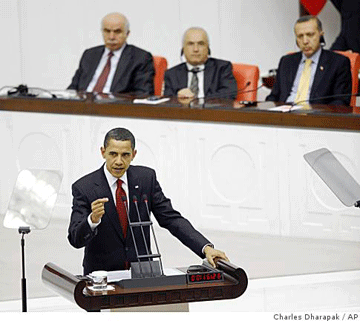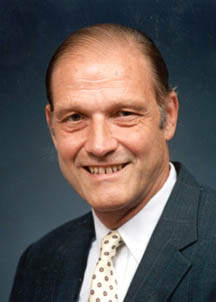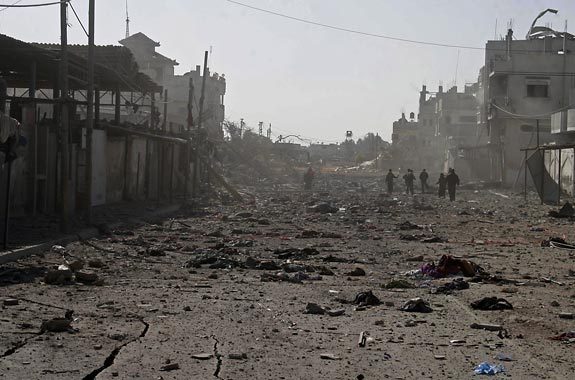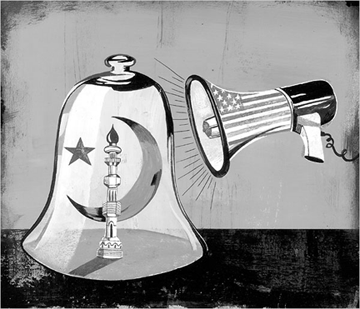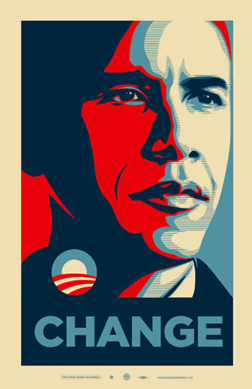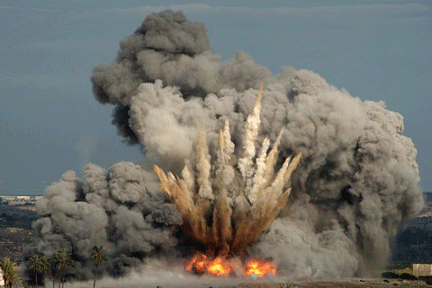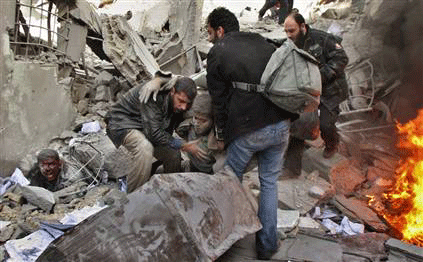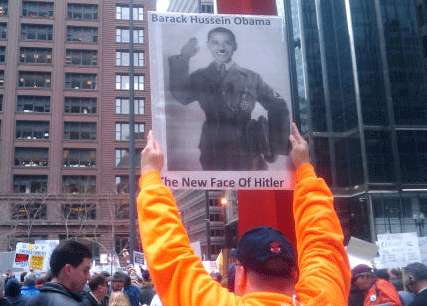
Sign at a tea party tax protest earlier this week in Arizona
In the 1770s the beer and coffee drinking crowds of revolutionaries in Boston heaved sacks of British tainted tea into the deep. Since American colonists were never that fond of tea, the symbolism was not very taxing. “No taxation without representation” was the rallying cry. Earlier this week, encouraged by the right-wing media pundits on Fox News and the radio rush of vitriol, a slight rage [the oxymoron here is intentional] of tea bagging took place. Apparently the government that poured millions and millions of dollars into an unnecessary war in Iraq and lined the pockets of Wall Street executives through deregulation was doing its job when it was Republican in name. But tea is the wrong drink to describe the protesters, few of whom were the two-martini lunch crowd. This was a shot of sour grapes straight up. Continue reading Tea Party A[O]bom[a]inations
